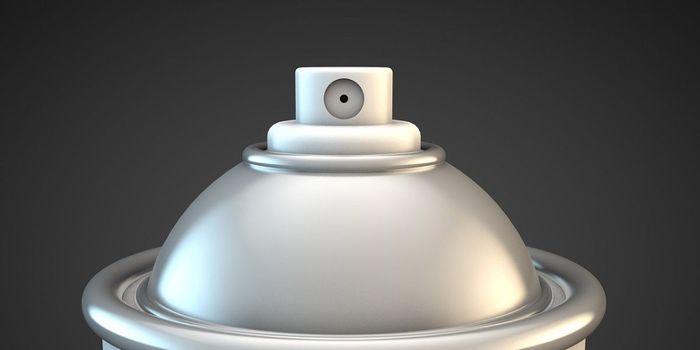Nasal Spray Shows Promise Against All Variants of SARS-CoV-2
A compound delivered via a nasal spray can prevent and treat various SARS-CoV-2 variants in mice. The corresponding study was published in Nature.
COVID-19 vaccines are becoming less effective against SARS-CoV-2 as it continues to mutate. Research is thus underway to develop host-directed therapeutics to limit viral resistance and treat those who contract the virus.
Recently, researchers at the University of Sherbrooke designed a compound to tackle COVID-19 via nasal spray. Known as N-0385, it targets an enzyme present in nasal cells, where the virus tends to enter and begin infecting human cells.
"The compound is unique because it blocks entry at the cell surface, without having to get into the cell, which prevents it from causing any detectable cell damage. As well, it's highly potent, in that it needs only a tiny amount to work very effectively," said co-author Dr. Andrea Olmstead, Research Associate in the department of microbiology and immunology at the University of British Columbia.
In previous work, the researchers tested the compound on four SARS-CoV-2 variants, including Delta, in human lung cells and organoids. They found that it both inhibits infection and does not cause toxicity.
Researchers at Cornell University then tested the compound in genetically-engineered mice infected with SARS-CoV-2. The ten mice who received daily doses of the compound for four days survived COVID-19 infection, compared to just 20% of untreated mice.
The researchers then conducted further tests focusing on the Delta variant. In doing so ,they found that N-0385 was not only able to help prevent COVID-19, but also treat the virus 12 hours after infection, as noted by differing levels of the virus in the lungs of treated and untreated mice.
The researchers say that the compound’s enzyme target has undergone no mutations among the COVID-19 variants, meaning it may remain useful in targeting future strains. Already in unpublished work, they have found that the compound can also block Omnicron variant infections in human lung cells.
The researchers now hope to test their findings in clinical trials. However, as N-0385 is just an inhibitor- stopping the virus from entering cells- the researchers say it should be used with other drugs already on the market that can reduce replication.
"The big picture is, there are multiple steps in the life cycle of a virus," said Francois Jean Ph.D., senior author of the paper and Associate Professor in the department of microbiology and immunology at the University of British Columbia.
"The first step is entering a cell to pass on genetic material, then it goes on to replicate. So you would use both drugs: N-0385 could block most of the virus' entry, making less work for the replicator drug," he added.
Sources: Nature, Science Daily









